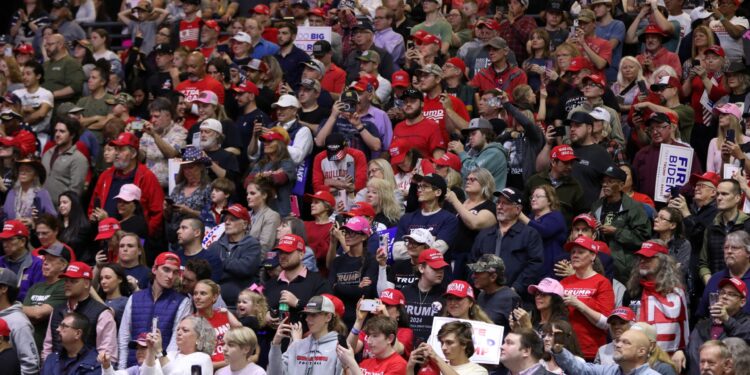As the U.S. presidential election approaches, economic strategies related to regulation, trade and immigration are poised to significantly shape the economic environment, according to a report from Bank of America Securities.
The outcome of the election is likely to determine the direction of major policies, with profound implications for various sectors and overall economic stability.
Analysts suggest that the candidates’ different approaches could boost or hinder economic growth, depending on their positions on deregulation, trade restructuring, and immigration reform.
Investing notes that expectations surrounding these potential changes are already impacting market sentiment and business investment decisions. The platform explores how each of these critical areas could be impacted by the election results and the subsequent impact on the broader economy.
Organization
The potential shift towards deregulation is expected to positively impact business investments and market sentiment, Investing said, citing the report.
Key areas expected to see change include financial deregulation, energy policy, health care, and antitrust enforcement.
While these adjustments may boost investment and bolster market confidence, the broader macroeconomic impact is expected to be moderate, primarily affecting specific sectors rather than driving overall economic growth.
commerce
Trade policy remains a critical focus, according to Investing, with efforts to reshape U.S. trade relations expected to continue under a new administration.
This could lead to higher tariffs and change the dynamics of global trade, the platform said.
Higher tariffs could lead to higher domestic inflation and slower economic growth, particularly affecting major trading partners such as China. The Fed could face challenges in balancing inflation and growth, which could impact interest rates and economic stability.
Immigration
Changes in immigration policy could also have significant economic impacts, the bank said. Tighter immigration controls could reduce the labor supply, which could push up wages and weigh on overall spending and economic growth.
Although the immediate impact may be less pronounced than in other policy areas, it may contribute to a stagflationary environment.
Fiscal policy
Both major political parties (Democrats and Republicans) are expected to seek higher deficits, with the extent and impact depending on the control of Congress. The bank notes that higher fiscal spending could stimulate growth in the near term, but it could also lead to higher inflation and interest rates, which would weigh on global economic conditions.
Of these issues, trade and immigration policies are likely to have the most significant impact on economic performance and stability, Bank of America analysts say.



